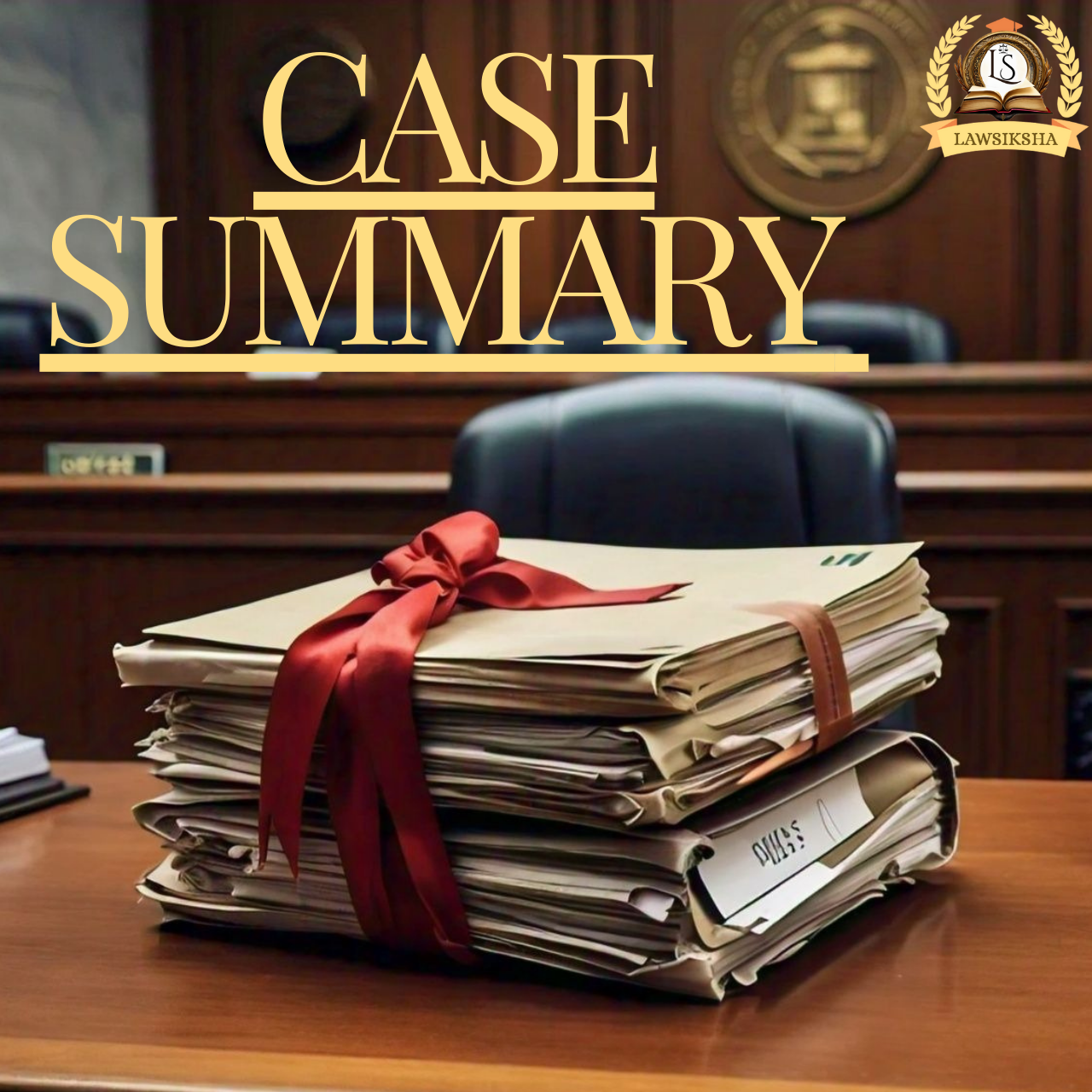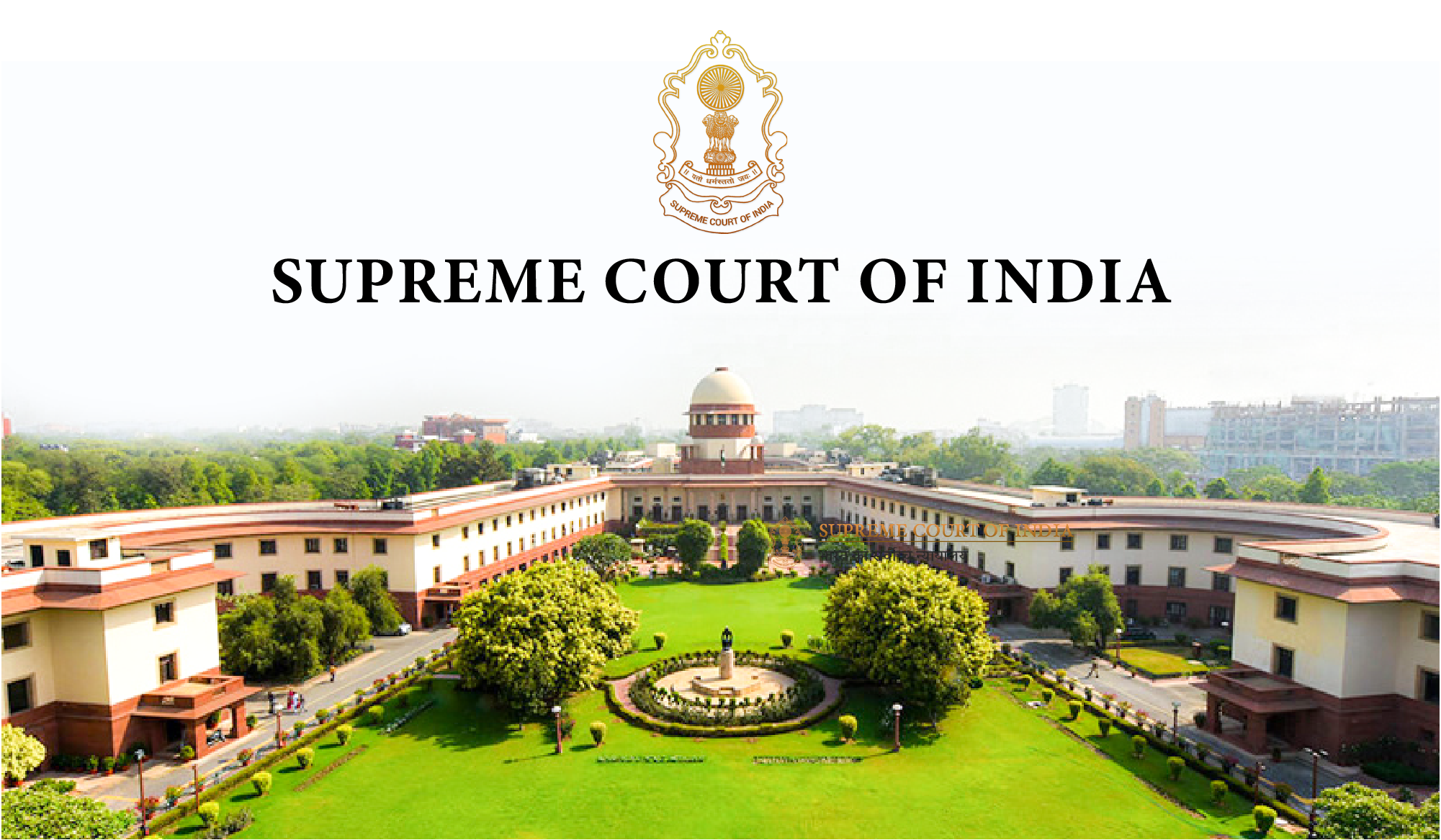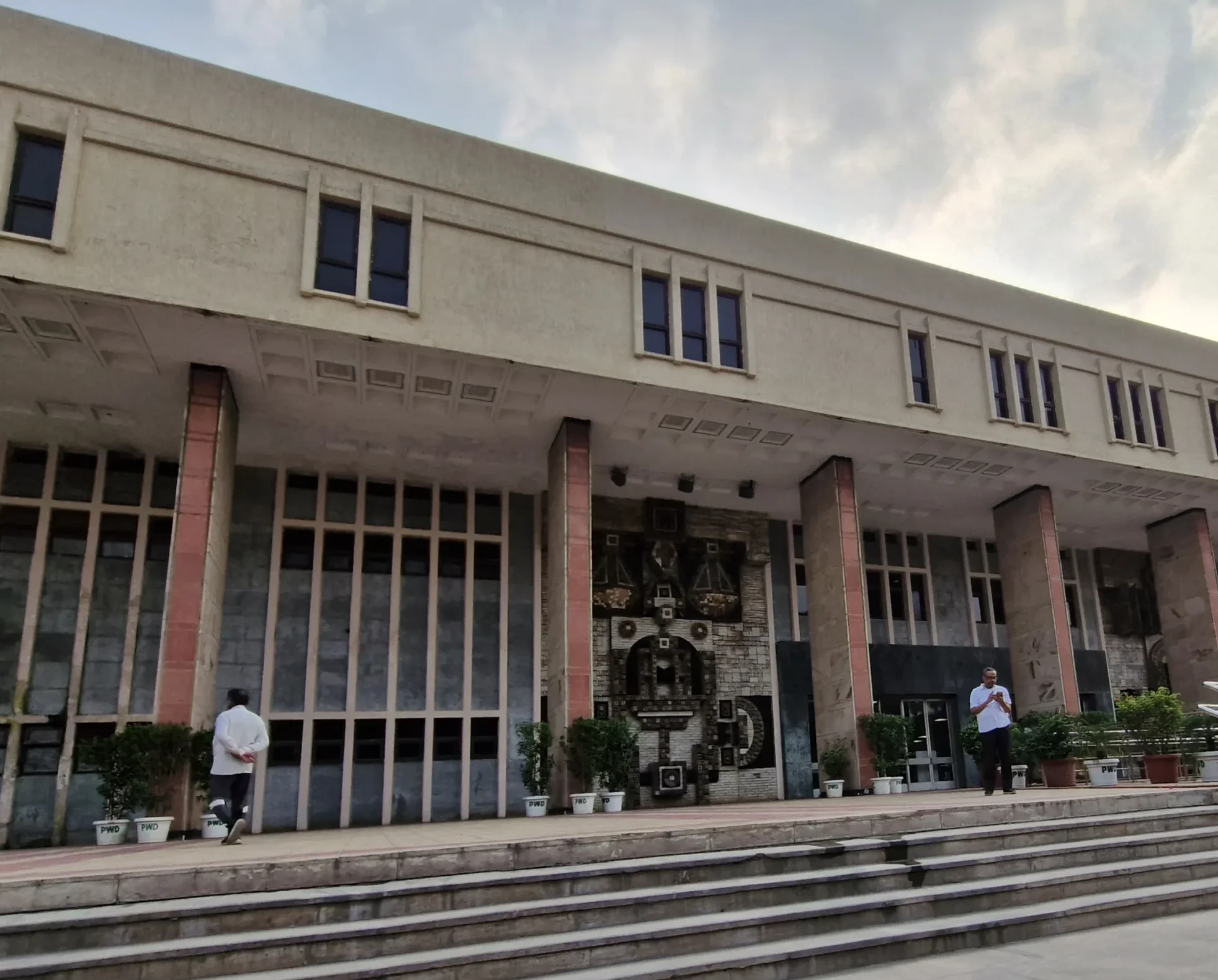Sakiri Vasu v State of UP : Case Summary
Table of Contents
ToggleFACTS:
The son of the appellant was a Major in Indian army. His dead body was found at Mathura Railway station. The GRP Mathura investigated the matter and gave a detailed report stating that death was due to an accident or suicide. The appellant alleged that it was a case of murder and not suicide. The first court of inquiry and the second court of inquiry came to the same conclusion that it was a case of suicide. A writ petition was filed in HC which was dismissed.In appeal appellant prayed of CBI investigation.
ISSUES:
- Whether a complainant has a right to claim that a matter to be investigated by a particular agency
- What is the ambit of power of the magistrate under Section 156(3)?
- What are the various alternatives which can be availed by aggrieved person when his FIR has not been registered at police station or proper investigation is not done by police?
Judgement and observations:
(Issue 1)
- It has been held in CBI v Rajesh Gandhi, that no one can insist that an offence be investigated by a particular agency.
- An aggrieved person can only claim that offence he alleges be investigated properly, but he has no right to claim that it be investigated by any particular agency of his choice.
(Issue 2)
- In Mohd Yousuf V Afaq Jahan, the Supreme Court observed; The clear position therefore is that any judicial magistrate, before taking cognizance of an offence ,can order investigation under Section 156(3) of the code. If he does so, he is not to examine the complainant on oath because he was not taking cognizance of any offence therein. For enabling the police to start investigation it is open to magistrate to direct the police to register an FIR.
- Even if a magistrate does not say in so many words while directing investigation under Section 156(3) of the code that an FIR should be registered, it is the duty of the officer-in-charge of the police station to register the FIR regarding the cognizable offence.
- In 156(3), the words as ‘abovementioned ‘ obviously refer to Section 156(1) which contemplates investigation by the officer in charge of the police station.
Section 156(3) provides for a check by the magistrate on the police performing its duties under chapter XII CRPC. In case where magistrate finds that police has not done its duty of investigating the case at all, or has not done satisfactorily, he can issue directions and monitor the same. - The power in the magistrate to order further investigation under Section 156(3) is an independent power, and does not affect the power of the investigating officer to further investigate the case given after aubmission of his report Vide Section 173(8). Hence the magistrate can order re-opening of investigation even after the police submits the final report. Vide state of Bihar V JAC Saldanha
(Issue3)
If a person has a grievance that his FIR has not been registered by the police station
a) his first remedy is to approach Suprintendent Of Police under Section 154(3) of the Crpc ov other police officers referred to in Section 36 Crpc;
b) if still his grievance persist he can approach the magistrate under Section 156(3) of Crpc or;
c) by filing a criminal complaint under Section 200 of crpc and not filing a Writ Petition, but it is equally well settled the HC should not ordinarily interfere.
Decision:
In present case , material on record does not disclose a prima facie case calling for investigation by the CBI. The mere allegation of appellant that his son was murdered because he had discovered some corruption cannot in our opinion justify CBI inquiry.












Leave a Reply